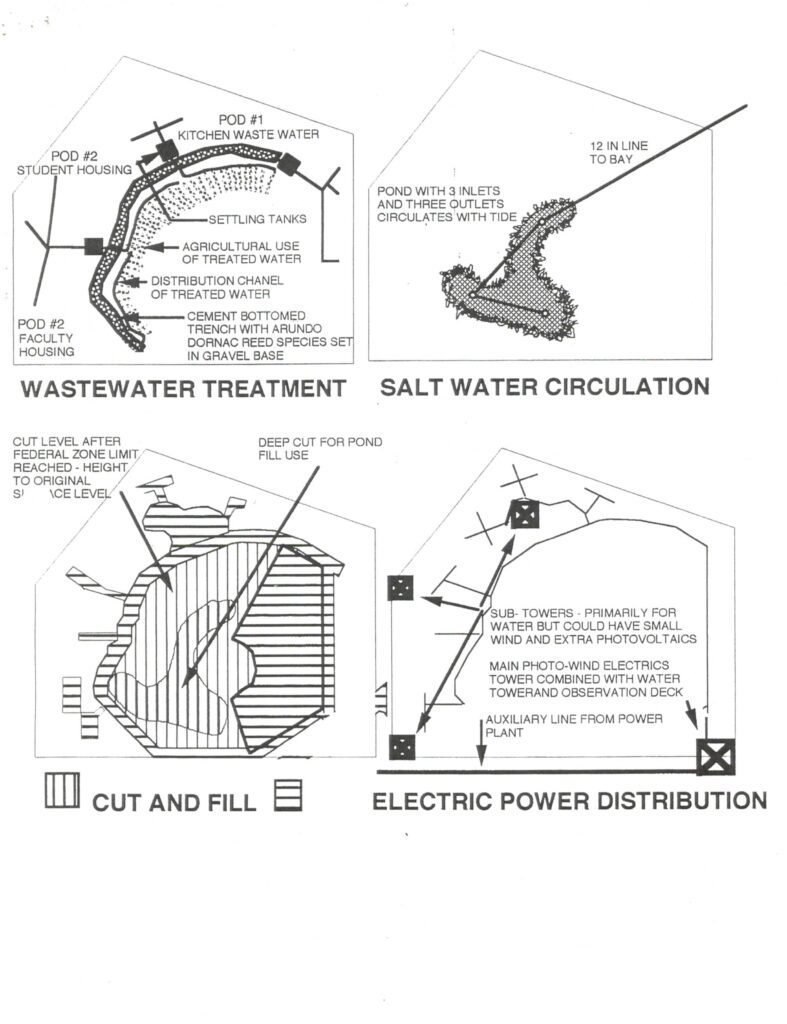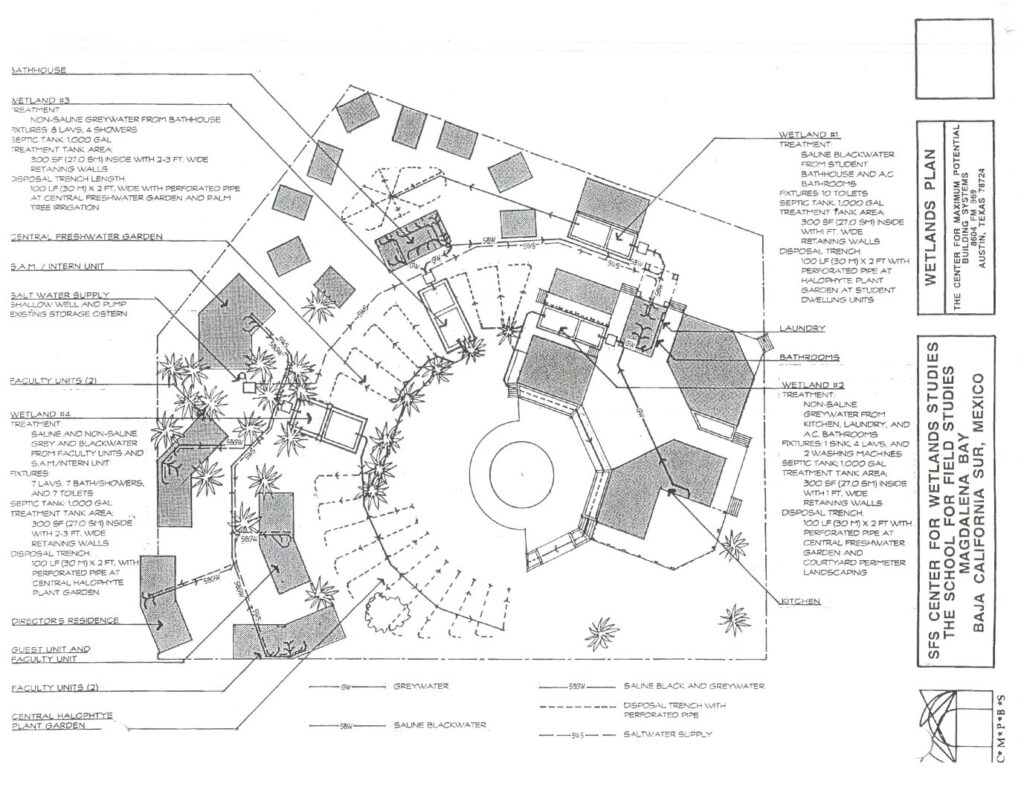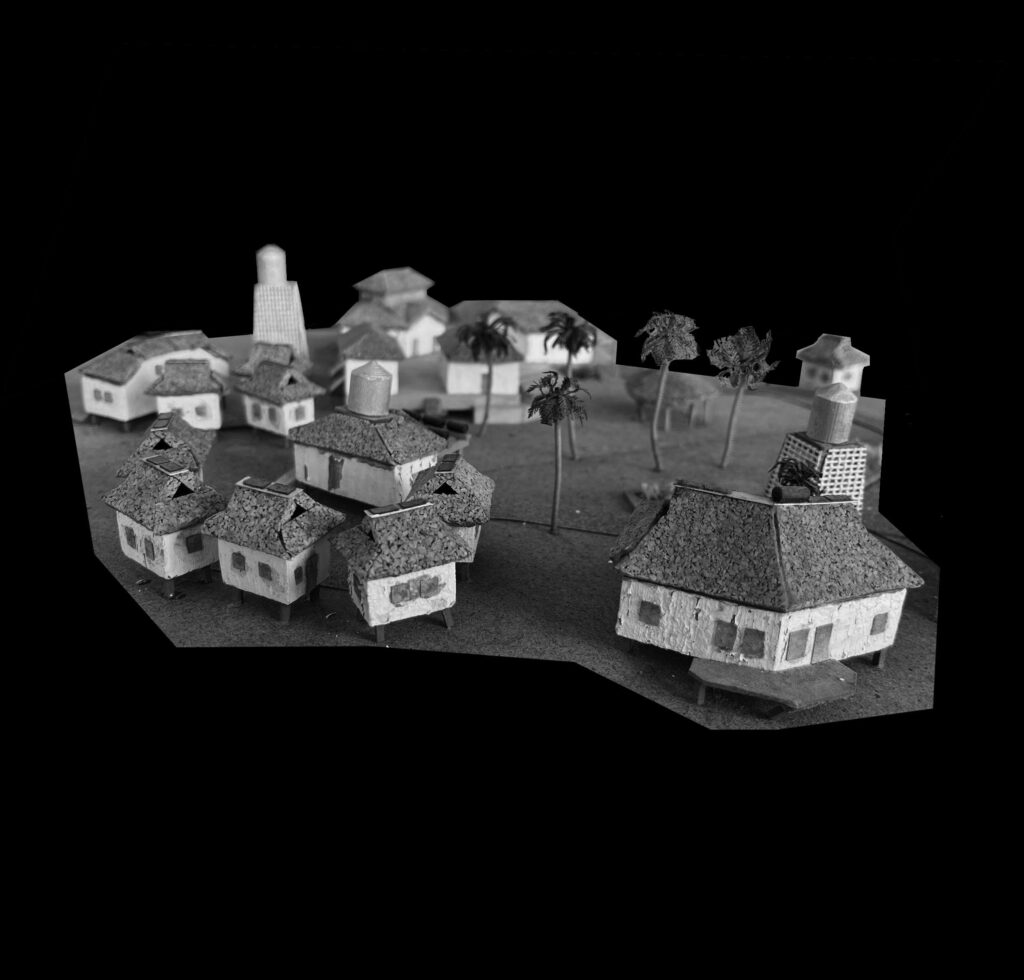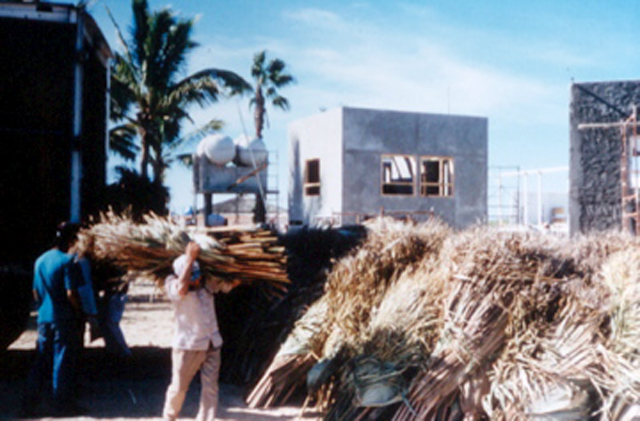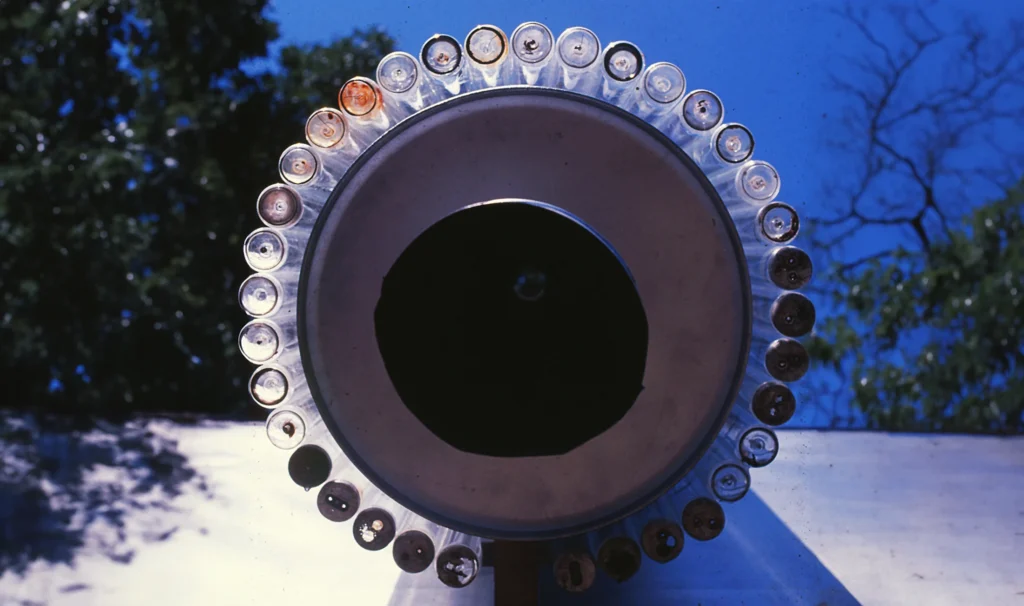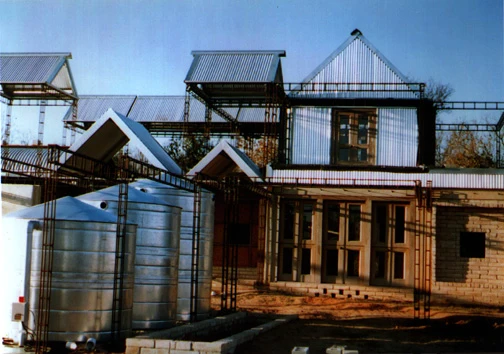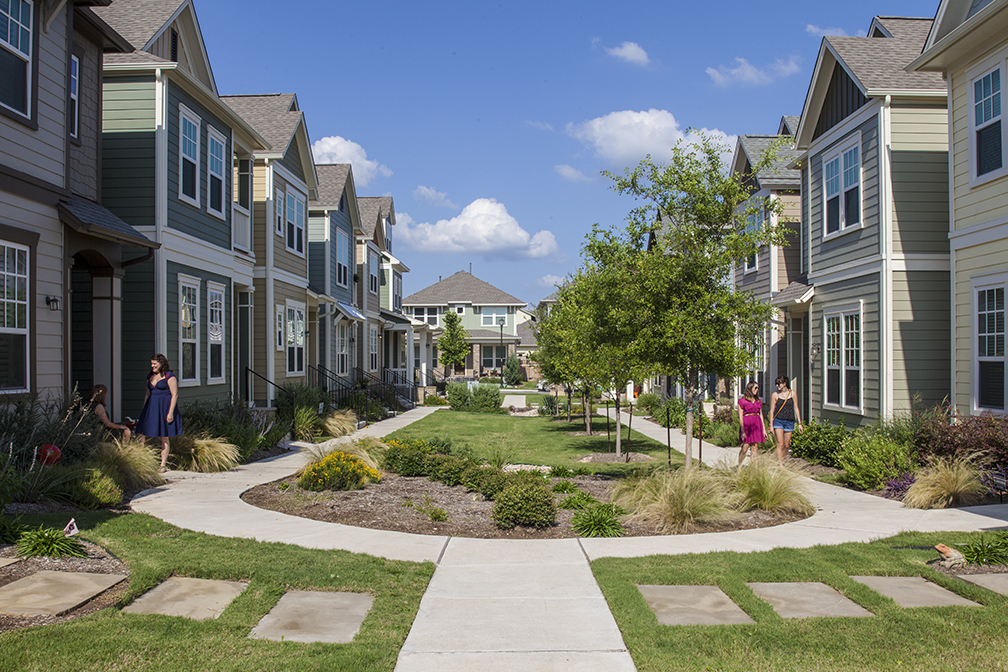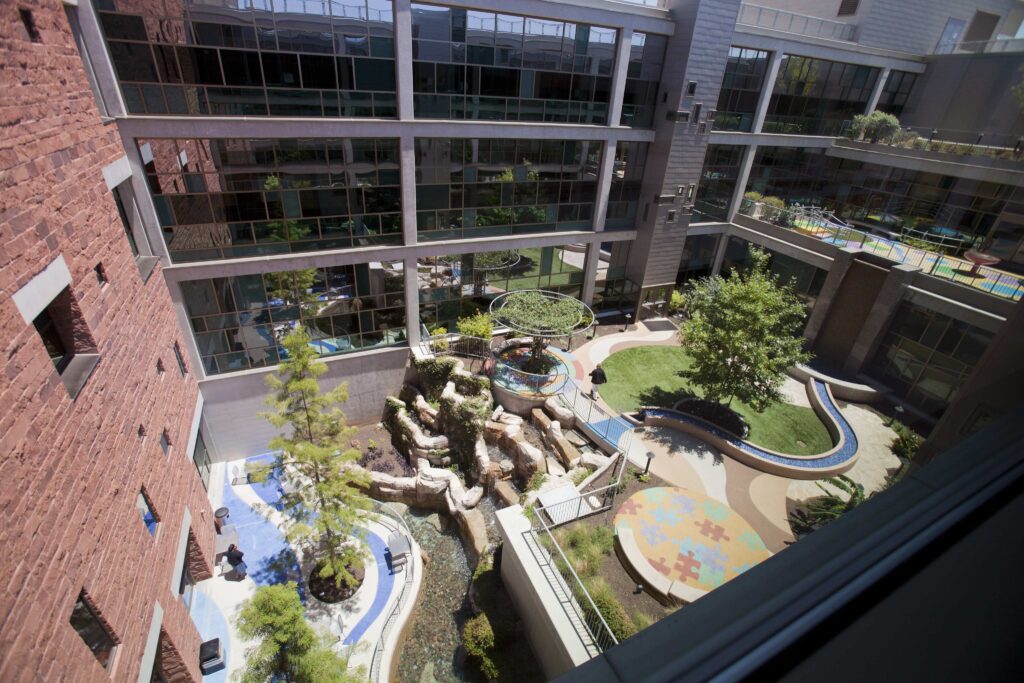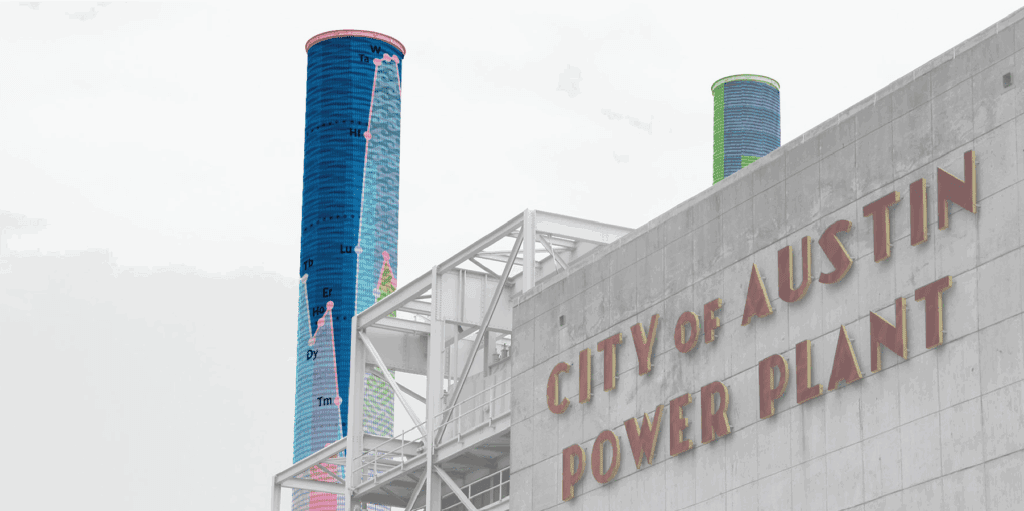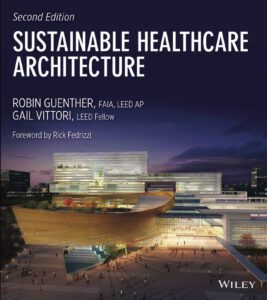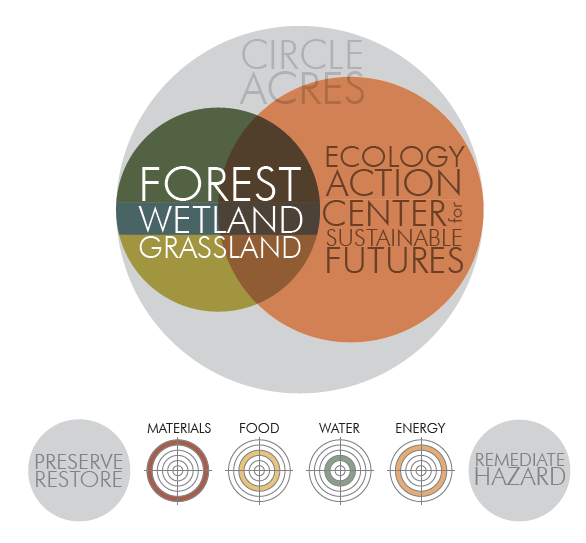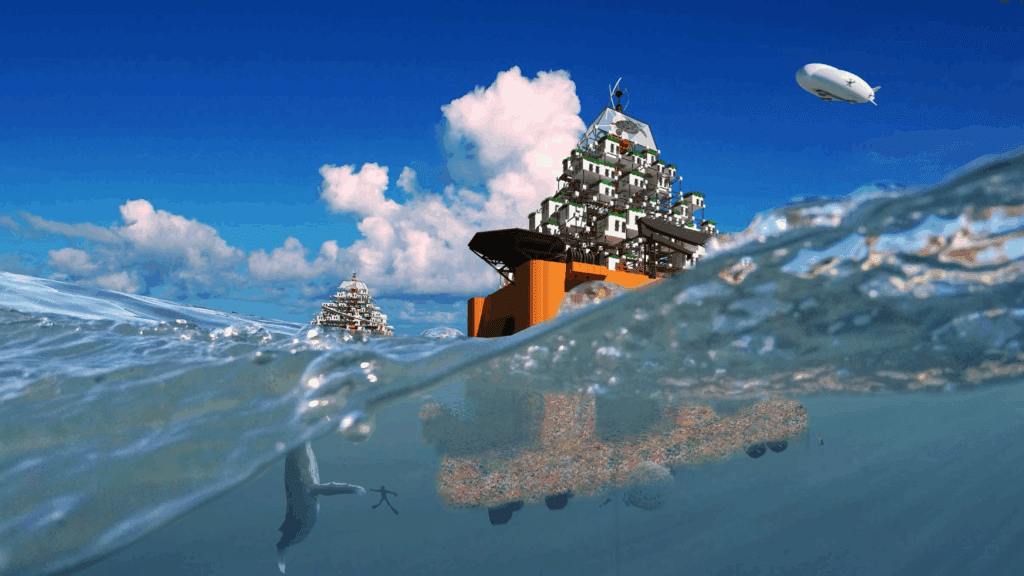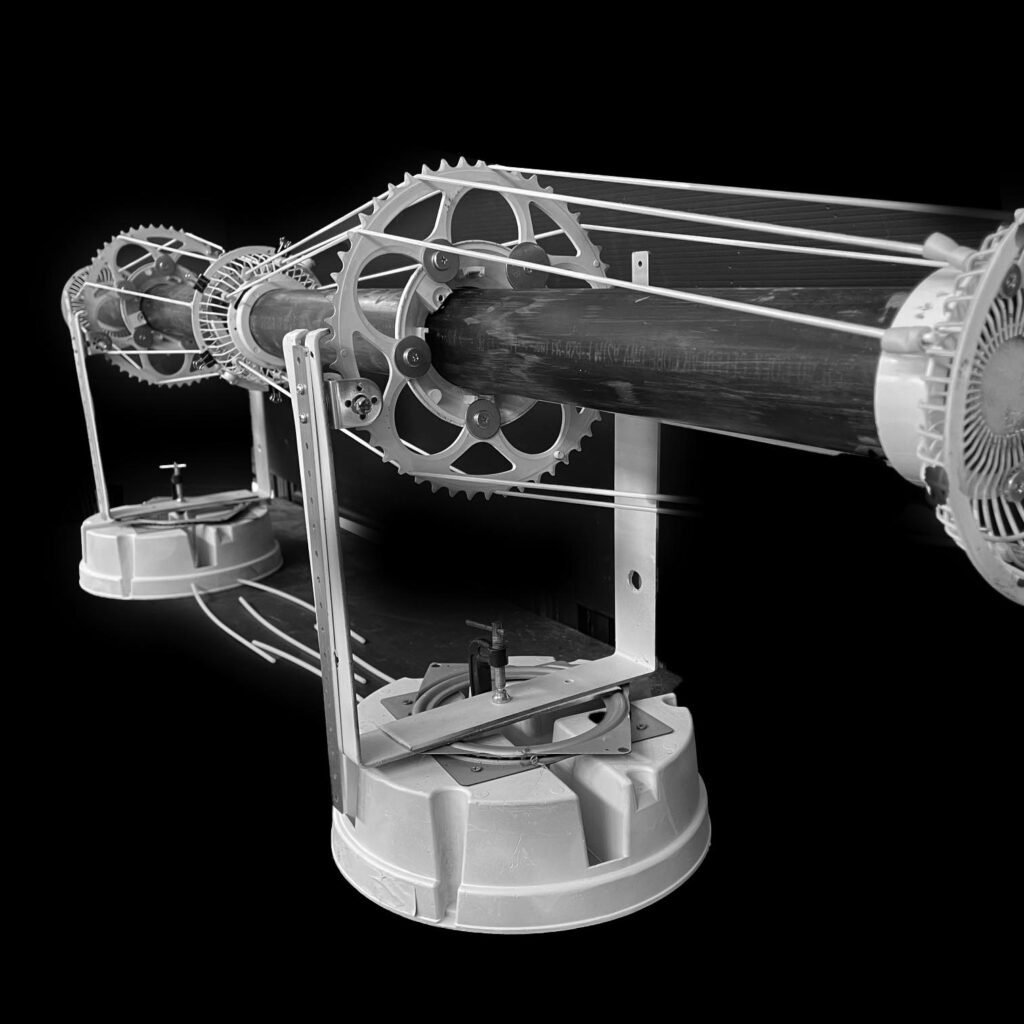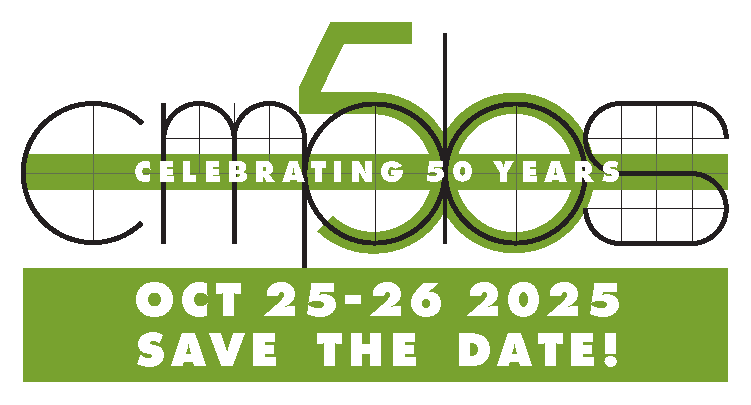Project Background
1996
Concept
Constructed coastal wetlands can treat wastewater and support the marine food chain by mimicking natural wetland processes
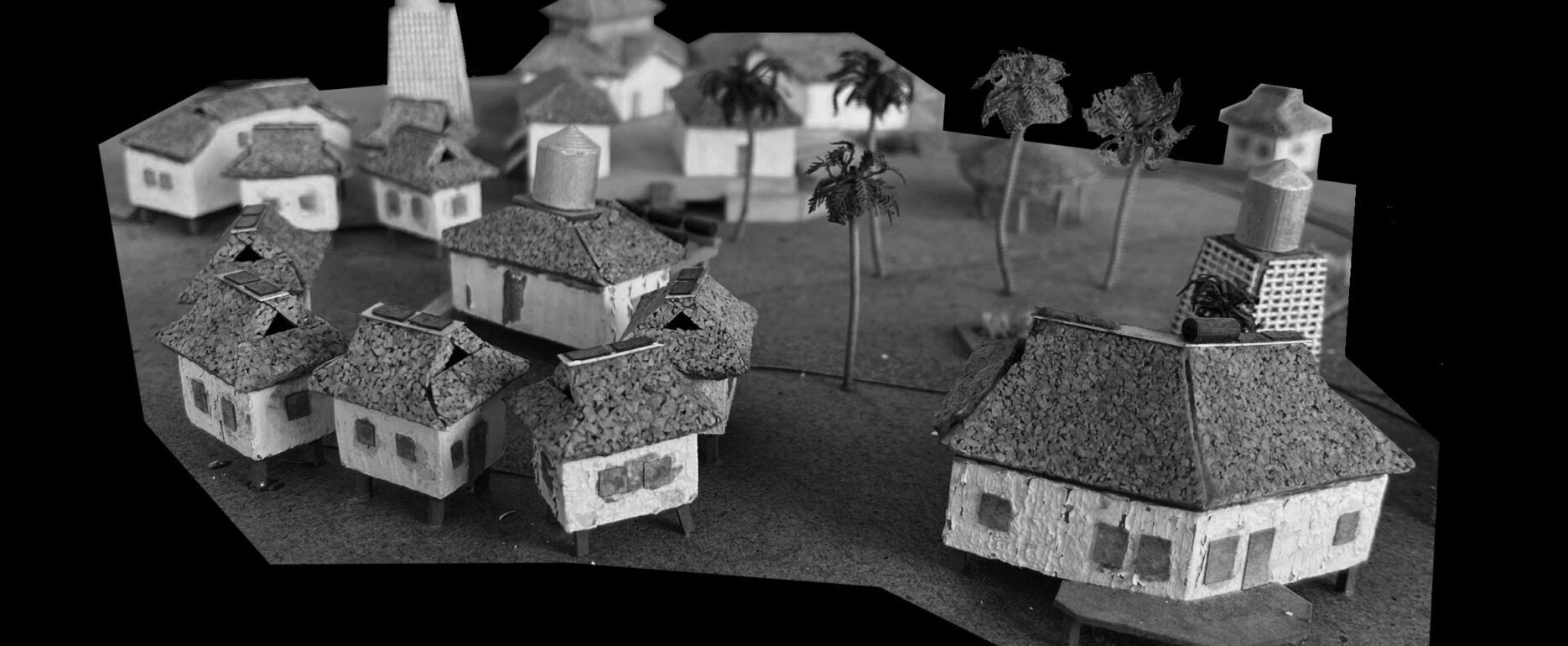
Constructed salt water wetland as interactive living lab
The School for Field Studies’ Center for Wetland Studies in Magdalena Bay, Mexico is a CMPBS project actualized in 1996 as a residential campus oriented to studying unique saltwater marshes and their relationships to the fishing industry.
For this project, CMPBS designed and implemented a series of constructed salt water wetlands and a low-tech building system that acts as a functional, interactive “living lab” example of the subject matter at hand.
Coastal wetlands serve as essential breeding, spawning and nursery habitats for marine species, yet up to 90% could disappear by 2100 due to climate change, pollution, and unprecedented land development.
Coastal Wetlands
serve as essential breeding, spawning, and nursery habitats for marine species, yet are at risk due to climate change, pollution, and land development
Salt Water Flushing
is used in certain coastal regions to conserve freshwater resources, but faces environmental and infrastructural limitations
Mimicking Nature
and treating wastewater using natural wetland processes can support the marine food chain


